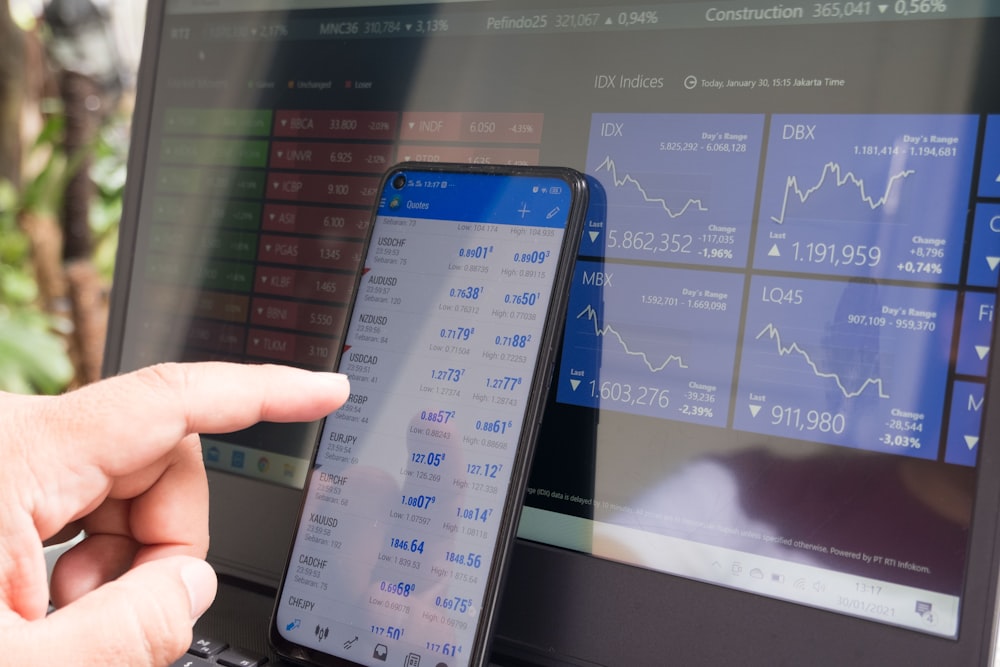

DAX falls as inflation rises & SAP drops
The DAX, along with its European peers, is heading lower following weaker-than-forecast Chinese import and export data and as investors weigh up German inflation data and a fall in SAP.Shares in the German software company ASAP are trading lower following a read from Pier Oracle. The US-based Oracle’s Q2 revenues grew less than expected, sending its showers shares over some cents lower in extended trade on Monday. SAP has gained 72% year to date and is at the bottom of the DAX I early trade.Meanwhile, German inflation data confirmed the 2.2% reading in November, which is in line with the preliminary reading and up slightly from October’s 2%. German core inflation was at 3% in November from 2.9% in the previous month.The data comes ahead of US inflation figures tomorrow and ahead of the ECB interest rate decision on Thursday. The central bank is expected to cut rates by 25 basis points and could make .2 further rate cuts, given the deteriorating economic outlook for the region.Despite that deteriorating economic outlook and ongoing political uncertainty, the DAX has pushed to record highs thanks to optimism surrounding ECB rate cuts.
DAX forecast – technical analysisAfter breaking out of its bull flag pattern, the DAX surged to record high of 20,474. The price has corrected slightly lower to current levels around 20,300, helping to lower the RSI, which was deep in overbought territory.Buyers will look to extend gains above 20,474 towards 21k and fresh all-time highs.There is little support until 20k, the psychological level of 19,670, the October high. A break below here negates the near-term uptrend. 
FTSE falls after disappointing China trade data
The Footsie has opened lower, with miners under pressure, and Chinese trade data disappointed. Figures from China show that exports grew 6.7% year on year to 312.3 billion, down sharply from October’s 12.7% expansion and missing expectations of 8.5%.On the import side, the picture was significantly more negative, with imports falling -3.9%, marking the steepest decline since September 2023 and missing expectations of a slight increase of 0.3%.The data points to cooling demand for Chinese goods abroad as companies attempt to wean off their dependence on China ahead of any potential trade tariffs from incoming President Trump. Meanwhile, the import data points to weaker domestic demand despite stimulus measures to support the economy.The data weighs heavily weighted resource stocks in the FTSE, with miners leading the index lower. It comes a day after the Chinese Political Bureau offered clear signals that more stimulus support is on the way. The China Central Economic Work Conference begins tomorrow and could provide more clues on what stimulus measures may be coming.On a more positive not, Tesco is performing well. The UK supermarket saw sales in the 12 weeks to December 1 rise 5.2%, while increasing its market share to 28.1%, its highest since December 2017.Meanwhile, data from Cantor also showed that grocery inflation rose to 2.6% in the four weeks to December 1, up from 2.3% in the previous four weeks.UK supermarkets have warned that tax rises under the New Labour government along with the rising minimum wage will be inflationary.
FTSE forecast – technical analysisThe FTSE has traded range-bound since May, capped on the upside by 8325 and on the lower side by 8150. The price is attempting to break out of range testing the upper band, with a rise above here opening the door to 8400 and 8480 and fresh record highs.Failure to rise above 8325 on a meaningful way could see the price head lower towards the 50 SMA at 8245 and 8150.  More By This Author:Two Trades To Watch: EUR/USD, Oil Forecast – Monday, Dec. 9Two Trades To Watch: EUR/USD, USD/JPY Forecast – Thursday, Dec. 5 Two Trades To Watch: DAX, GBP/USD Forecast – Wednesday, Dec. 4
More By This Author:Two Trades To Watch: EUR/USD, Oil Forecast – Monday, Dec. 9Two Trades To Watch: EUR/USD, USD/JPY Forecast – Thursday, Dec. 5 Two Trades To Watch: DAX, GBP/USD Forecast – Wednesday, Dec. 4
















